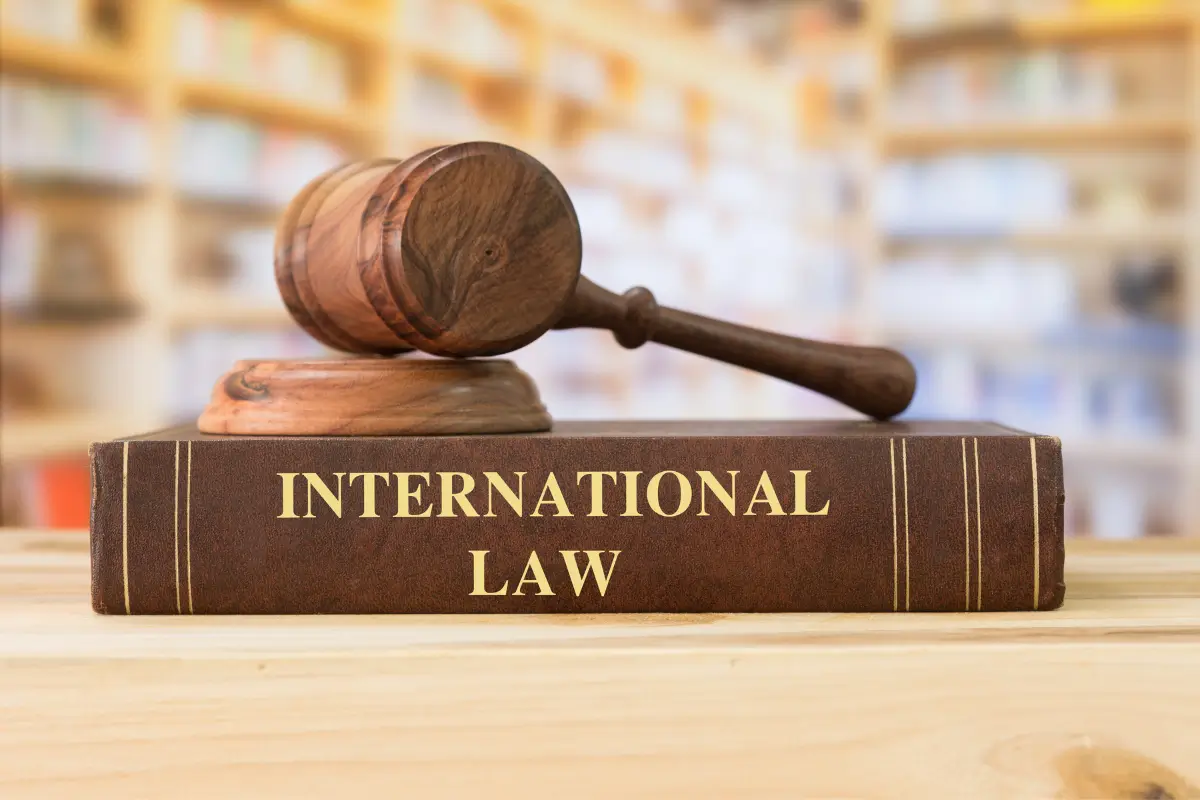Peace and security lie at the heart of the United Nations. Since its creation in 1945, the organization has acted as a global guardian. Among its many branches, one role stands out—the Secretary General of UNO. Often referred to as the “world’s diplomat,” this position carries both symbolic and practical significance in promoting peace.
The Secretary General as a Global Mediator
The Secretary General doesn’t command armies or enforce laws. Instead, they act through dialogue, persuasion, and diplomacy. When tensions rise between countries, the Secretary General steps in. They offer to mediate, arrange peace talks, and urge restraint.
Whether it’s a full-scale war or a brewing regional conflict, the Secretary General of UNO uses back-channel discussions and public appeals to push for ceasefires. Their presence alone often cools tensions and opens the door to peaceful solutions.
Leading Peacekeeping Missions
One of the most visible ways the Secretary General supports peace is through UN peacekeeping. While member states approve and fund these missions, the Secretary General directs the planning and execution.
They appoint commanders, select mission staff, and oversee deployment. They ensure that peacekeepers operate under clear mandates, respect human rights, and protect civilians. Through regular reports, the Secretary General keeps the Security Council updated and encourages action where needed.
Early Warning and Preventive Diplomacy
A key part of maintaining peace lies in preventing conflict before it starts. The Secretary General uses early warning systems, reports from UN agencies, and local intelligence to detect rising tensions.
Once identified, they reach out to leaders, offer support through UN programs, and propose peaceful negotiations. This form of preventive diplomacy saves lives, reduces suffering, and costs far less than post-conflict recovery.
Speaking Out for Justice and Human Rights
Peace isn’t just the absence of war. It also requires justice, freedom, and dignity. The Secretary General regularly speaks out against violations of international law.
They draw global attention to issues like war crimes, ethnic cleansing, and humanitarian disasters. Their voice carries weight. It influences governments, shapes public opinion, and pressures the global community to act.
In this way, the Secretary General of UNO serves not only as a peacekeeper but also as a moral authority.
Building Partnerships for Peace
No one achieves peace alone. The Secretary General works closely with regional organizations like the African Union, European Union, and ASEAN. They coordinate disaster response, support democratic transitions, and rebuild war-torn societies.
By promoting cooperation among governments, NGOs, and civil society, the Secretary General helps build long-term peace rooted in justice and equality.
Responding to New Global Threats
Today’s world faces new types of threats—cyber-attacks, terrorism, climate conflicts, and pandemics. The Secretary General adapts the UN’s approach to deal with these modern risks.
They lead international efforts to draft agreements, build global coalitions, and create rapid-response teams. Their leadership ensures the UN stays relevant and responsive to the evolving challenges of peace and security.




